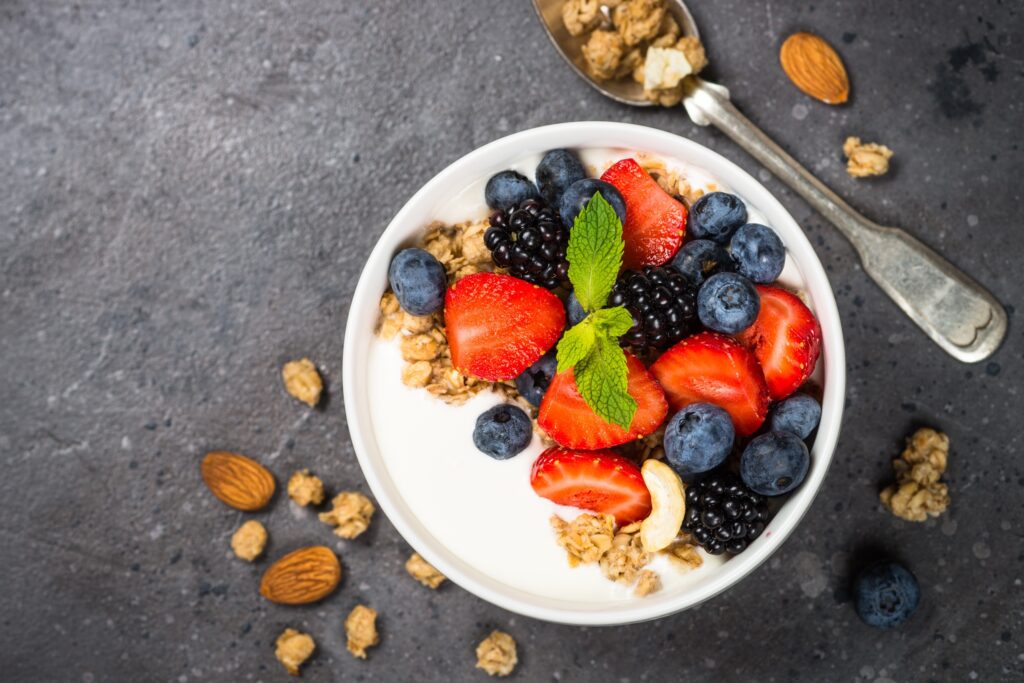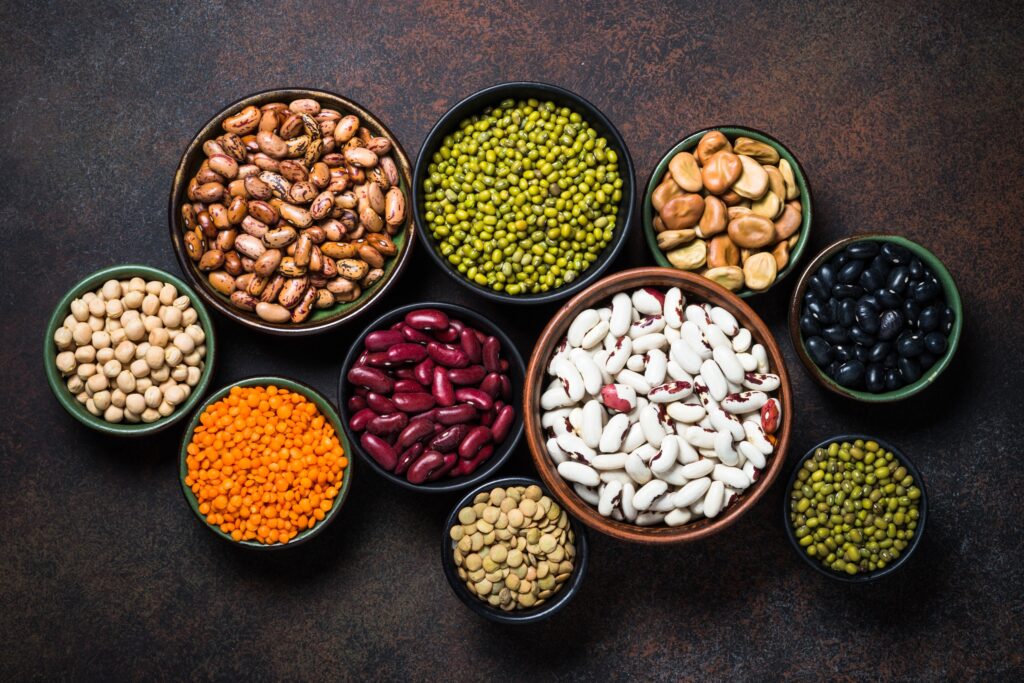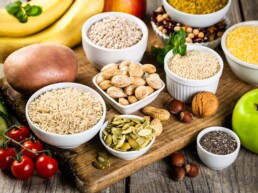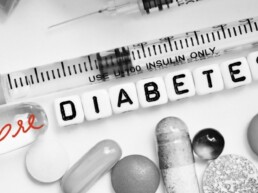Are you curious about the role proteins play in our diet? Do you wonder how much protein you should consume or where to find the best protein sources? Let’s dive into the world of proteins! In this article, I’ll discuss what proteins are, the different types of proteins, their functions in our body, and the importance of consuming high-quality protein sources. I’ll also provide some tips on how to calculate your protein requirements and optimise your protein intake.
What Are Proteins?
Proteins are essential macronutrients composed of amino acids that play a crucial role in the structure, function, and regulation of our body’s tissues and organs. They help build and repair tissues, support muscle growth, and maintain healthy skin, hair, and nails. But did you know that proteins come in various forms, and not all protein sources are created equal? Let’s explore the different types of proteins and their impact on our health.
Complete Proteins vs. Incomplete Proteins
Proteins can be classified as complete or incomplete based on their amino acid profile:
- Complete Proteins: These proteins contain all nine essential amino acids that our bodies cannot produce on their own. Complete protein sources include animal-based foods like meat, poultry, fish, eggs, and dairy products, as well as some plant-based sources like quinoa, soy, and buckwheat. Are you consuming enough complete proteins in your diet?

- Incomplete Proteins: Incomplete proteins lack one or more essential amino acids. Most plant-based protein sources, such as beans, legumes, nuts, and seeds, are considered incomplete proteins. However, by combining various plant-based protein sources, you can create a complete protein meal. How do you combine plant-based proteins to meet your amino acid needs?
Functions of Proteins in Our Body
Proteins serve a variety of functions in our body, including:
- Building and repairing tissues: Proteins are essential for the growth and maintenance of muscles, bones, and other tissues.
- Supporting immune function: Antibodies, which are proteins, help our immune system identify and neutralize harmful substances.
- Transporting nutrients: Proteins help transport nutrients, such as vitamins and minerals, throughout our body.
- Hormone production: Proteins play a role in the production of hormones that regulate our metabolism, growth, and reproduction.
The Importance of High-Quality Protein Sources
However, not all protein sources are created equal, and it’s essential to consume high-quality proteins to meet your nutritional needs. High-quality protein sources contain all essential amino acids in the right proportions and are easily absorbed by the body. Animal-based proteins are typically considered high-quality, but some plant-based proteins, like buckwheat and soy, can also be an excellent source of complete protein. What high-quality protein sources do you include in your diet?
Tips for Optimizing Protein Consumption
Now that we know the different types of proteins and their impact on our health, let’s explore some tips on how to optimize your protein consumption:
- Prioritise Complete Proteins: Aim to consume a variety of complete proteins from sources like meat, poultry, fish, eggs, dairy products, and plant-based options like quinoa, soy, and buckwheat.
- Combine Plant-Based Proteins: If you follow a plant-based diet or want to include more plant-based proteins, remember to combine various sources to create complete protein meals. For example, try beans and rice or a nut butter on whole-grain bread. What plant-based protein combinations do you enjoy?
- Consume High-Quality Proteins: Focus on high-quality protein sources, including meats, poultry, fish, dairy products, and plant-based options like soy, quinoa, and buckwheat. Look for grass-fed, organic, and sustainably sourced options whenever possible.
 Balance Protein Intake Throughout the Day: Instead of consuming a large amount of protein in one meal, aim to distribute your protein intake evenly throughout the day. This can help improve muscle synthesis and overall protein utilisation.
Balance Protein Intake Throughout the Day: Instead of consuming a large amount of protein in one meal, aim to distribute your protein intake evenly throughout the day. This can help improve muscle synthesis and overall protein utilisation.- Get Creative with Protein-Rich Snacks: Incorporate protein-rich snacks into your daily routine, such as Greek yogurt with berries, a handful of almonds, or a slice of turkey wrapped around avocado.
Recommended Protein Requirements
Understanding your protein requirements is crucial for maintaining optimal health. As mentioned earlier, the recommended daily protein intake for sedentary adults is approximately 0.8 grams of protein per kilogram of body weight. However, individual needs can vary based on factors such as age, gender, activity level, and overall health. For a person weighing 60 kg with a daily protein requirement of around 50 grams, here’s an example of a list of foods they can consume in a day:
Breakfast:
- 1 large egg (6g protein)
- 1 slice of whole-grain toast (4g protein)
Lunch:
- 100g paneer/cottage cheese (18g protein)
- 1 cup of mixed vegetables (2g protein)
Teatime Snack:
- 1/2 cup of Greek yogurt (6g protein)
- 1/4 cup of berries (1g protein)
 Dinner:
Dinner:
- 100g of baked salmon (17g protein)
- 1/2 cup of cooked quinoa (4g protein)
Total Protein Intake: 58 grams
This meal plan offers a more balanced protein intake throughout the day, totalling around 58 grams. It’s important to remember that this is just an example, and you should tailor your meal plan based on your individual needs and preferences. By incorporating various protein sources and adjusting portion sizes, you can ensure that you’re meeting your daily protein requirements while also consuming other essential nutrients.
The Role of Protein in Weight Loss
Incorporating sufficient protein into your diet can play a significant role in weight loss and overall health. Here are the various ways protein contributes to weight loss and how you can optimise your protein intake to support your weight loss goals.
 Increased Satiety: One of the most notable benefits of protein is its ability to increase satiety, or the feeling of fullness, after a meal. Consuming adequate protein can help you feel fuller for longer periods, reducing the likelihood of overeating or snacking on unhealthy foods. What protein sources do you find most satisfying?
Increased Satiety: One of the most notable benefits of protein is its ability to increase satiety, or the feeling of fullness, after a meal. Consuming adequate protein can help you feel fuller for longer periods, reducing the likelihood of overeating or snacking on unhealthy foods. What protein sources do you find most satisfying?- Boosted Metabolism: Protein has a higher thermic effect than carbohydrates or fats, which means your body uses more energy to digest and metabolize it. This increased energy expenditure can lead to a slightly higher metabolic rate, which, over time, can support weight loss. Have you noticed an increase in your metabolism when consuming protein-rich meals?
- Maintaining Muscle Mass: When trying to lose weight, it’s essential to preserve muscle mass while shedding fat. Consuming an adequate amount of protein supports muscle maintenance and growth, ensuring that your body is burning fat and not muscle for energy.
Some Easy Strategies
To optimize protein intake for weight loss, consider the following strategies:
- Choose High-Quality Protein Sources: Focus on consuming lean protein sources like chicken, turkey, fish, beans, and low-fat dairy. These foods provide essential amino acids without excessive calories or unhealthy fats. What are your favorite high-quality protein sources?
- Distribute Protein Intake Evenly: Aim to consume protein-rich foods at each meal to support satiety and muscle maintenance throughout the day. How do you balance your protein intake across meals?
- Combine Protein with Fibre: Pairing protein-rich foods with high-fiber options like whole grains, fruits, and vegetables can further enhance feelings of fullness and support weight loss efforts. What are your go-to protein and fiber combinations?
Therefore, by understanding the role of protein in weight loss and incorporating these strategies into your daily routine, you can support your weight loss goals while maintaining overall health.
In conclusion, protein is a vital macronutrient that plays a vital role in our overall health and well-being, supporting muscle growth, immune function, and even weight loss. Thus, by focusing on a diverse, well-rounded diet that includes high-quality protein sources, you can support our overall health and well-being. By focusing on high-quality protein sources, balancing protein intake throughout the day, and combining protein with other essential nutrients, you can support our body’s needs and achieve our health goals. Remember to listen to your body, adjust your protein intake based on your lifestyle, and explore diverse protein sources as you go about using the pathway of targeted nutrition to build and accrue good health.
SHARE

Madhavi Shilpi
Nutritionist
Prediabetes Coach
Related
Carbohydrates: Fuel For Your Body
Do you often wonder about the role carbohydrates play in our diet? Did…
Fats: A Balanced Perspective
Fats are good for us. Fats are bad for us. The argument rages on. Is there a…
Probiotic-rich foods: 10 health benefits
Probiotics are live microorganisms that are beneficial for our health when…
Nut Butters: Are they healthy for you?
Nut butters are finding a fervent following amongst health food enthusiasts…
Which diet should you follow?
There are so many diets out there! How do you figure out which diet you…
Nutrient focus: Vitamin D
Vitamin D: The Sunshine Vitamin and its Importance to Your Health Vitamin D is…
What is Prediabetes?
Have you been diagnosed with Prediabetes? Are you wondering what it actually…








